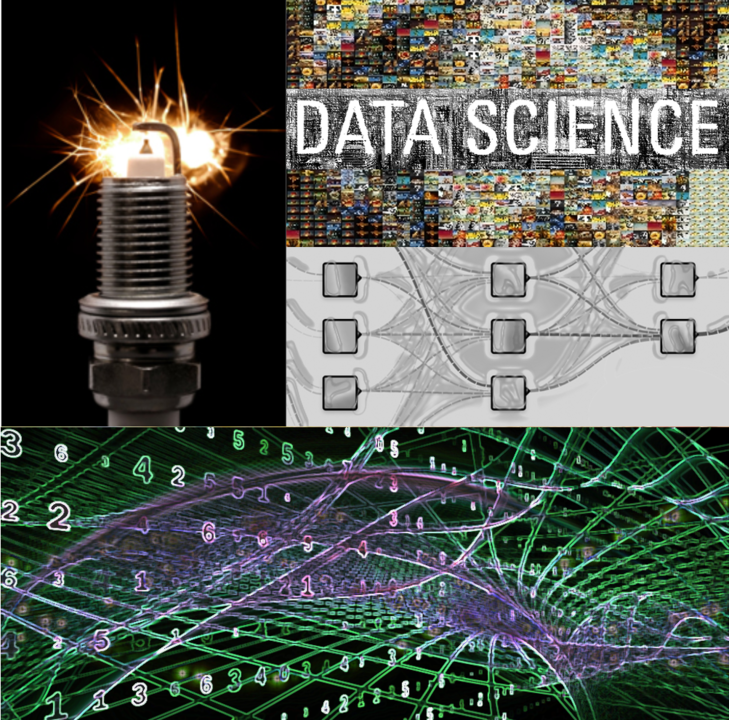
-
I would start by identifying acute problems in your area of expertise (domain): production , reservoir, drilling, completions, geophysics, chemistry, seismic, geophysics, etc., that you feel could be resolved by applying data science.
-
They may be big problems or small ones. Start with the small ones, or break the big ones in manageable pieces that you can address one step at a time.
-
Once you have two or three data science “project” candidates, start applying the basics to solve the problem. There is no magic formula that fits all the data science projects.
-
What I am trying to tell you is that you study Data Science at the same time that you are solving a real world problem. That’s how I learned.
-
Before you embark in a formal education in Data Science or Statistics, as MsC or PhD, try first with the online courses, and have a taste of it. Then, if you fall in love with DS, move on the most expensive path -and at the same gratifying-, of studying in a university.
-
I recommend the online classes in Coursera by Johns Hopkins university. They have a specialization on data science and has a rigorous approach. I have the best of experiences with Johns Hopkins. The instructors are all PhDs and they share all what they know.
-
Data Science is different from other things that I have studied over the years in the sense that is a multidisciplinary career: it requires from you to review, and study deeper, math, statistics, matrix algebra, computer science, and even physics; and read a lot material: papers, books, chapters, articles.
-
I published an article a little while ago on how to turn Petroleum Engineers in Data Science wizards. Here is the link: https://www.linkedin.com/pulse/transforming-petroleum-engineers-data-science-wizards-reyes/
-
Regarding coding and scripting in R or Python, just keep in mind this: you don’t have to be an expert programmer to be a good data scientist; you have to know enough to use it as part of your toolbox. Same as with statistics or math; you don’t need to be an expert statistician or a math wiz to do data science, but you have the learn the essentials, the fundamentals, to apply it in your business solutions. Of course, knowing and learning more opens your mind in approaching a problem in innovative ways.
-
Data Science is the beginning of something bigger: machine learning and artificial intelligence. I know all of this may sound like a lot. But as they say, any long journey starts with the first steps. If you fall in love with data science, it will bringing you rewards in your career as a petroleum engineer.